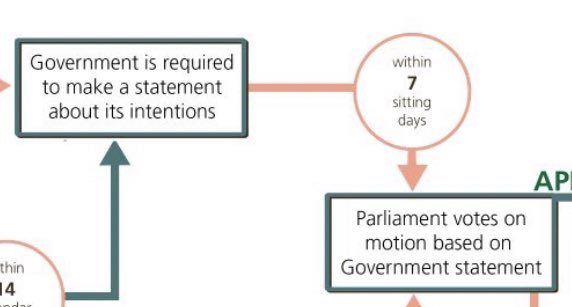Summary: Video compression might have done it. It was probably edited.
This has gotten infinitely more complicated in modern video compression formats. As one of my friends said recently, the Internet runs on the bandwidth left over from point to point video transmission.
Sometimes the pipes are in space or under the sea. Hard to add more.
So as video compression has gotten much more complicated, and the metric has become do people see things similar enough, algorithms are deciding.
We do not need machine learning to find ourselves at the debate about algorithmic effects on policy.
Probably. Sorry, you want people to give you the benefit of the doubt, don’t lie all the time.
Did it have to be? Not necessarily.
But wouldn’t that only change the contents, not the timing?
Oh, heavens no, video compression has worked across frames for ages. It’s all about “key frames” and “here’s what’s changed”.
Possible isn’t enough.
THAT BEING SAID.
Sorry, children of America. Please be better adults than we turned out to be. You’re not wrong, this show sucks.






